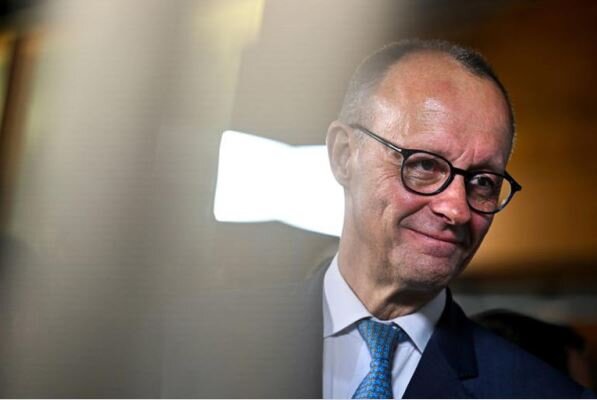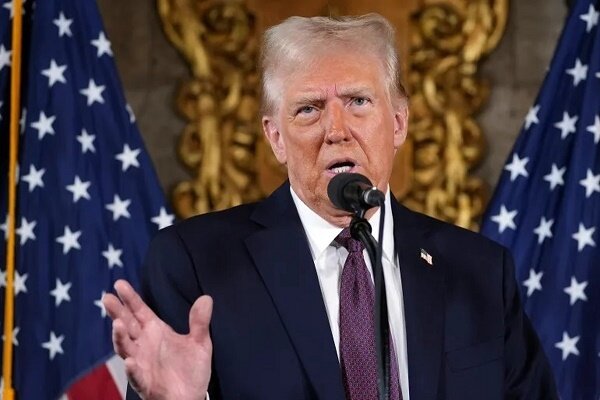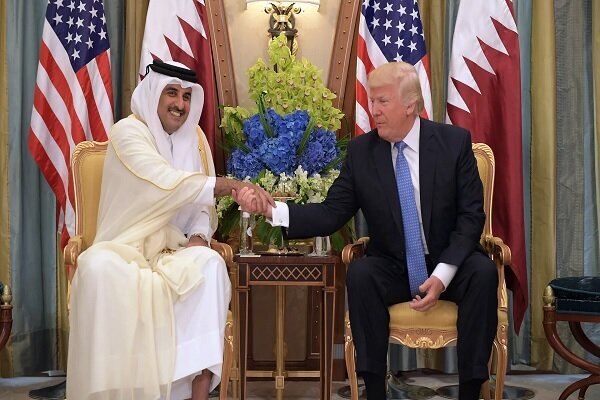Merz’s Challenging Path to Power: Navigating Coalition Politics After German Election Victory
In a significant political development, German conservatives led by Friedrich Merz are determined to swiftly establish a government following their recent electoral victory. However, they face complex coalition negotiations and a potentially obstructive parliament, as both far-right and far-left parties have made substantial gains. This scenario poses a pressing challenge for Germany, which is grappling with various issues, including migration, security concerns amid rising tensions with the US, Russia, and China, and demands from businesses for enhanced global competitiveness.
The election results suggest that a coalition between Merz’s conservative bloc and Olaf Scholz’s Social Democrats (SPD), who secured third place, is the most likely outcome. Notably, the far-right Alternative for Germany (AfD) has achieved a historic second-place finish, significantly altering the political landscape.
- The AfD and the radical Left party have collectively acquired one-third of the seats in the new parliament, empowering them to block constitutional changes that are deemed necessary by some economists to stimulate economic growth.
- Merz, anticipated to become the next chancellor, is expected to pursue an alliance with the SPD despite the evident policy disparities, particularly regarding migration.
- The SPD, recovering from its worst post-war performance, may demand substantial concessions for any coalition agreement.
Merz has indicated a willingness to reconsider the debt brake, a constitutional limit on state borrowing, which some believe could be crucial for revitalizing the economy. “From our point of view, (talks) can start very, very quickly,” stated Jens Spahn, a prominent member of Merz’s center-right Christian Democrats (CDU). He emphasized the urgency of initiating discussions in light of global events involving Ukraine, Russia, and the United States, declaring, “German leadership is needed.”
Despite lacking prior experience in office, Merz has set an ambitious goal to establish a government by Easter. The snap election was necessitated by the collapse of Scholz’s three-party alliance with the Greens and the pro-business Free Democrats (FDP).
In his first indications of policy direction post-election, Merz criticized the United States for what he termed “outrageous” remarks made during the campaign, drawing parallels to hostile interventions from Russia. He emphasized the need to strengthen Europe to achieve greater autonomy from US influence.
The CDU/CSU bloc led by Merz received 28.5% of the vote, while the AfD achieved a record 20.8%. This shift has complicated the political dynamics, as mainstream parties explicitly rule out collaborating with the AfD, a party under surveillance by German security services due to suspicions of extremism. However, the AfD has garnered support from notable figures, including billionaire Elon Musk.
The presence of a resurgent Left party, coupled with the AfD, may create a blocking minority in parliament, potentially hindering any proposed increase in defense spending, which is crucial for enhancing European security. Both the AfD and the Left oppose military assistance to Ukraine, further complicating Germany’s defense strategy.
According to Holger Schmieding, chief economist at Berenberg, Germany faces significant hurdles in balancing military expenditure and tax relief for both workers and businesses. “A failure to ramp up military spending could get Germany into deep trouble with its NATO partners,” he cautioned. Additionally, he noted that antagonizing US President Donald Trump could escalate the risk of a US-EU trade war.
As coalition negotiations loom, the SPD, which garnered only 16.4% of the vote, has made it clear that its participation in a Merz-led coalition is not guaranteed. Throughout the campaign, Merz advocated for a stringent approach to immigration, pledging not to compromise on the issue. This stance has drawn sharp criticism from the SPD, particularly following Merz’s recent resolution on migration, which was supported by the AfD. Critics viewed this as a serious breach of the political barrier intended to keep the AfD from gaining power, leading SPD lawmakers to express distrust towards Merz.
Despite the tensions, the SPD has signaled a willingness to engage in discussions. “If we can find a good basis together, the SPD will be prepared to hold talks because at the end of the day we have to be effective in Germany and we can’t just lick our wounds now,” remarked Anke Rehlinger, SPD premier of Saarland.
Analysts suggest that there is considerable pressure on the forthcoming coalition to swiftly coalesce in order to effectively address voter concerns and counter the AfD’s rising influence. Failure to do so could see the AfD, now the largest opposition party in the Bundestag, positioning itself favorably for the next elections scheduled for 2029.
European diplomats remain hopeful that the next German government will offer stronger leadership and improved coordination with other countries compared to Olaf Scholz’s outgoing coalition, which saw a combined loss of 19.5 percentage points since the 2021 election. In contrast, the AfD and far-left parties gained around 19.3 percentage points, signaling a significant shift in the German political landscape.






